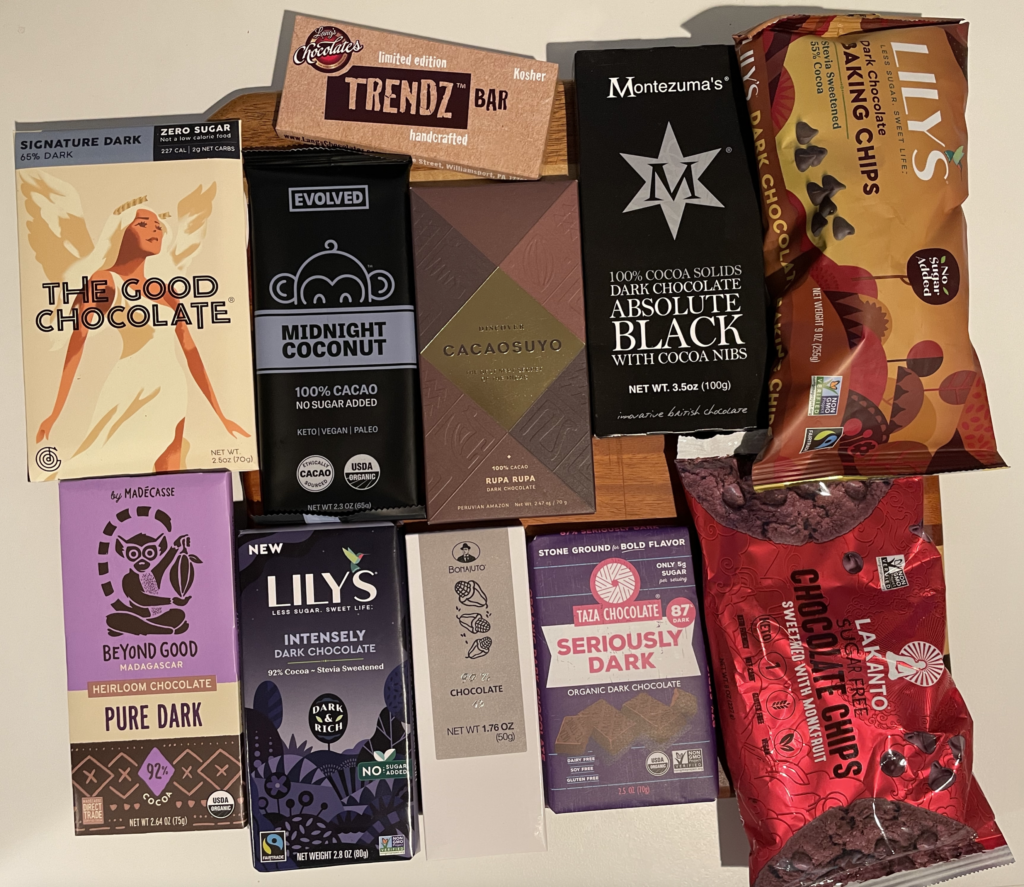Get new posts by email or rss feed
Thanks to the team for all the work they put in figuring out the protocol, running the experiments, and analyzing the data: /u/genetastic and /u/kabong!
Summary
A reader, /u/genetastic, reached out about collaborating on experiments to determine the effect of vinegar on blood glucose after meal consumption.
Like most of you, I had heard all the nigh-magical, pseudoscience claims about using apple cider vinegar to treat diabetes. However, when you dig into the literature, there’s a sizable number of peer-reviewed studies, including several decent meta-analyses, showing that consumption of vinegar with a meal can reduce the blood glucose impact in both diabetic and non-diabetic subjects (see background below for details). There’s also a lot of open questions, including:
- Is the effect large enough to matter for practical meals?
- What types of meals does vinegar affect?
- What is the best protocol to get a large effect without unpleasant side effects?
- What’s the underlying mechanism?
- Is the effect specific to vinegar or do other acids work?
/u/genetastic, a third collaborator /u/kabong, and I decided to answer these questions with community self-experiment.
For the first phase of this experiment, we wanted to check that we could observe the reported impact of vinegar on blood sugar and that the effect size was large enough to be worth further study.
Towards this end, all three experimenters tested consuming regular white bread with and without apple cider vinegar (the most commonly tested meal and vinegar source in the literature).
Here’s a summary of the results & next steps (full details below):
- We observed a similar effect of vinegar on blood glucose as that reported in the literature.
- The effect was both statistically significant and meaningful in magnitude, justifying further study of the scope, mechanism, and optimal protocol.
- Peak change in blood glucose & iAuC were reduced by 20% and time to peak blood glucose & initial rise were slowed by 15-20 min. (30-50%).
- P-values were all <0.05, with the exception of the drop in iAuC, which was 0.12
- Next, we will be looking at the following:
- Diluting vinegar to make it more palatable
- Alternate macronutrients (simple sugars, proteins) to determine scope of the effect
- Alternate acid sources to test the amylase-inhibition hypothesis
All-in-all, a good start to the study. The effect seems to be real and likely caused by a slowing of the initial rise/rate of metabolism.
We’re also see a lot of value to running the experiment as a team rather than my more typical N=1 study. With most of my experiments, there’s always a concern that the results are specific to my body chemistry and won’t generalize to others. Having data from multiple people significantly reduces that risk.
That said, having data from multiple participants significantly complicates the analysis. Luckily, /u/genetastic is much better at statistics than I am and was able to handle it.
It would significantly improve the study to have a larger number of participants. If you’re interested in collaborating on this or other scientifically rigorous self-experiments with low-carb foods, supplements, or other health interventions, please let me know in the comments or via the contact form on the right.
– QD
Details
Continue reading “Does Vinegar Really Lower Blood Glucose? – 20% Lower Blood Glucose in an N=3, Pre-Registered, Community Experiment” →
